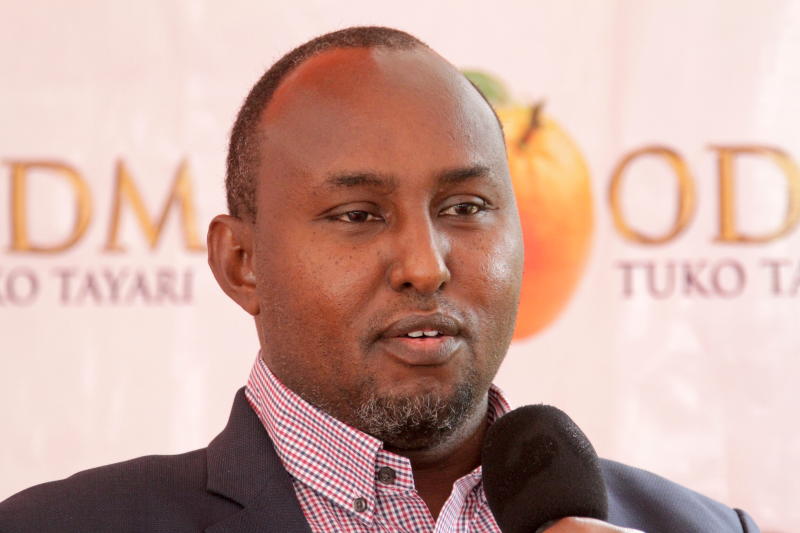×
The Standard e-Paper
Join Thousands Daily

Suna East MP Junet Mohamed. [David Njaaga, Standard]
With about 30 days to the deadline for submission of coalition agreements to the Office of the Registrar of Political Parties (ORPP), fears are emerging that some political operatives may be impeding, instead of aiding, the coalition-building process.